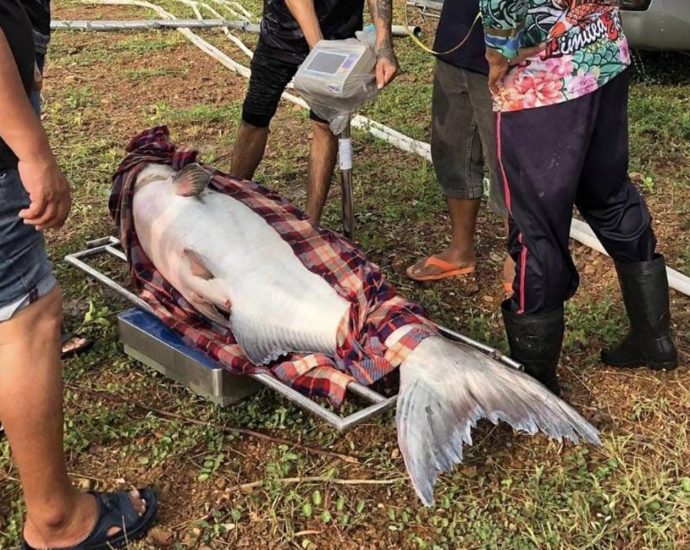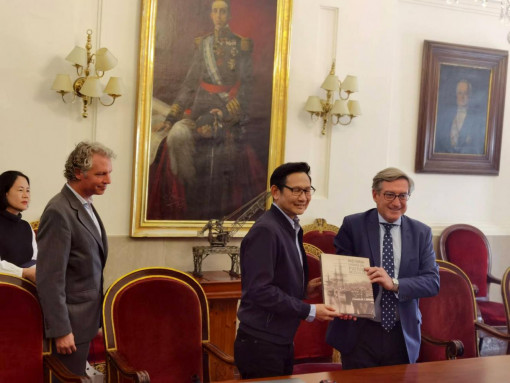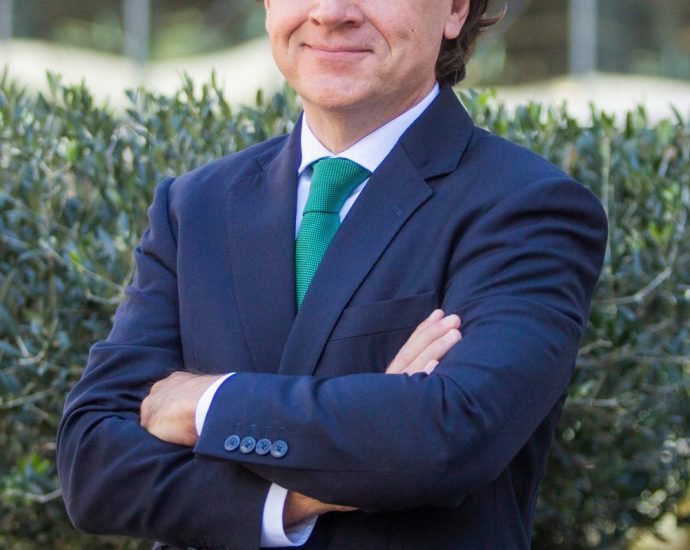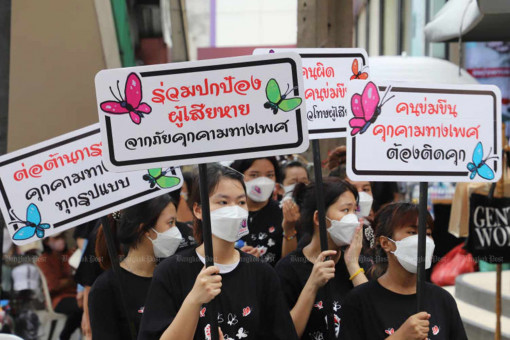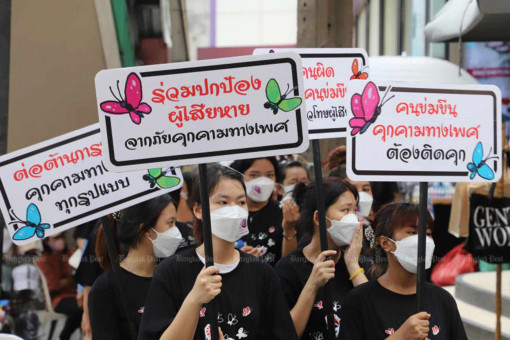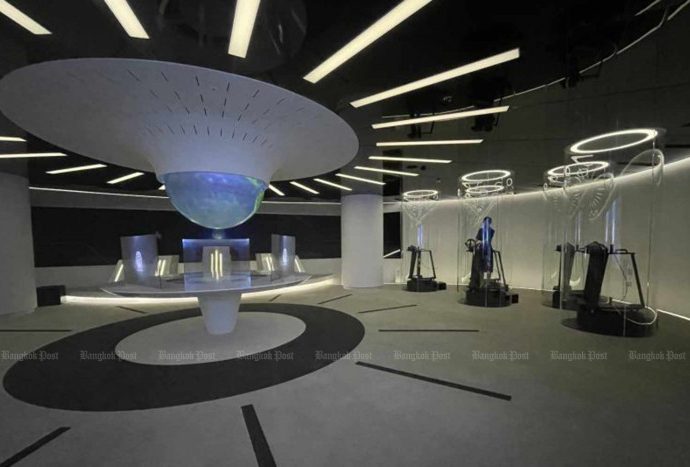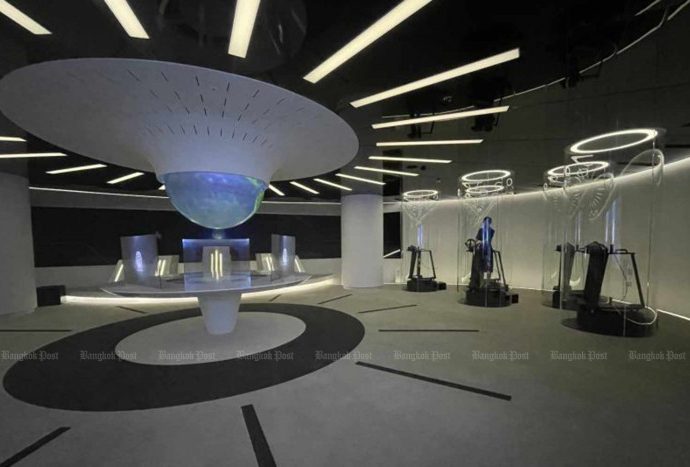Isoc endures in its many guises

PUBLISHED : 13 Nov 2023 at 04:30
The Internal Security Operations Command (Isoc) came into existence in 1973 to succeed the Communist Suppression and Prevention Command. The agency was formed under the Anti-Communist Act and its role was to combat communist insurgency.
In 1980, it underwent changes following the introduction of Prime Minister’s Order 66/23 by Prem Tinsulanonda’s government to allow people who had fled into the jungle to join the Communist Party of Thailand, to rejoin society and take part in a national development programme.
As the threat of communism waned, in 1982 the government adjusted Isoc’s role to deal with narcotics suppression and prevention, border security coordination, illegal entry, conflict management, intelligence and psychological operations.
The Chuan Leekpai government decided to abolish the Anti-Communist Act in 2000, but Isoc remained.
In 2001, the Thaksin Shinawatra government reduced Isoc’s role to handling security in the deep South.
The government dissolved the Southern Border Provinces Administration Centre (SBPAC) and the Civilian-Police-Military Command 43, which served as Isoc’s core unit, their responsibilities were transferred to regular government agencies.
In 2004, Prime Minister’s Order 69/47 was issued to set up an administrative centre to promote peace in the southern border provinces.
The agency reported directly to the prime minister with Gen Sirichai Thanayasiri, then deputy supreme commander, serving as the director.
After the 2006 coup, an order issued by the Prime Minister’s Office re-established Isoc and revived the SBPAC and the Civilian-Police-Military Command 43, both of which were put under Isoc.
In 2008, the SBPAC and Civilian-Police-Military Command 43 came under the jurisdiction of Isoc under the internal security law.


